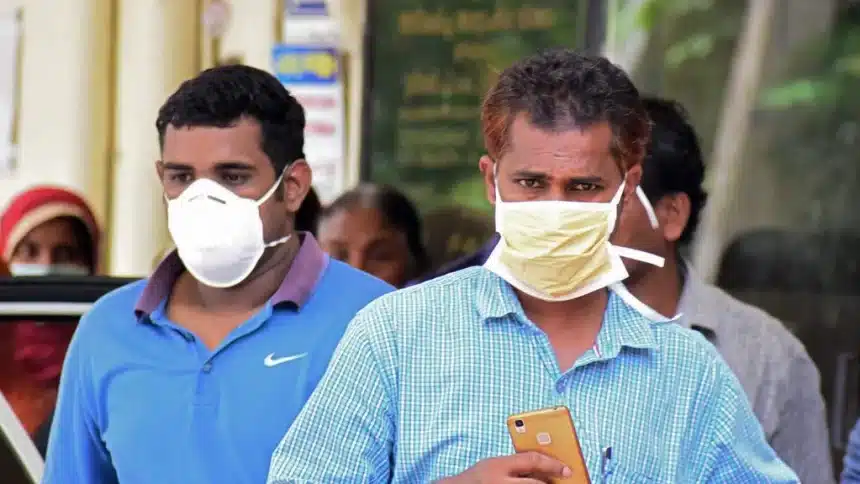Kerala health officials are trying to contain a Nipah virus outbreak after learning that six people from outside the first affected district came into contact with a 14-year-old boy who died after testing positive for the illness.
Health officials have prepared 350 people considering the high risk of Nipah virus
Health Minister Veena George said on Monday that test results are pending from the victim’s 13 close acquaintances, a Malappuram resident. The boy’s death, verified on Sunday, is the first Nipah fatality in Kerala since 2023. George stated that findings for nine samples sent to the Kozhikode Medical College Virology Lab and four to the Thiruvananthapuram Advanced Virology Institute are due today. Six of those tested displayed symptoms.
According to George, he has set up a contact list of 350 people, with 101 considered high-risk. This includes 68 healthcare staff who dealt with the boy. The authorities have also identified the private bus that he took after feeling ill.
The six individuals from Palakkad and Thiruvananthapuram districts are of particular concern. Two Palakkad residents work at a private hospital where the youngster was treated. At a medical institution in Perinthalmanna, four Thiruvananthapuram residents were treated.
Authorities are looking into the origins of the virus
Friends reported that the youngster consumed fruit from a field frequently visited by bats, known carriers of the Nipah virus. “While initial assessment suggests this as the source, further testing is needed for confirmation,” says George. A team from the National Institute of Virology will arrive today to investigate the bat population.
The state has already proven a link between the Nipah variation found in the boy and the one discovered in local bats. In collaboration with the Indian Council of Medical Research (ICMR), efforts are underway to discover potential fruit contamination.
As a precaution, authorities now require masks in all public areas in the impacted district. They will subject those classified as close contacts to a mandatory 21-day isolation period, with intensive surveillance continuing for 21 days following their last contact with the deceased.



